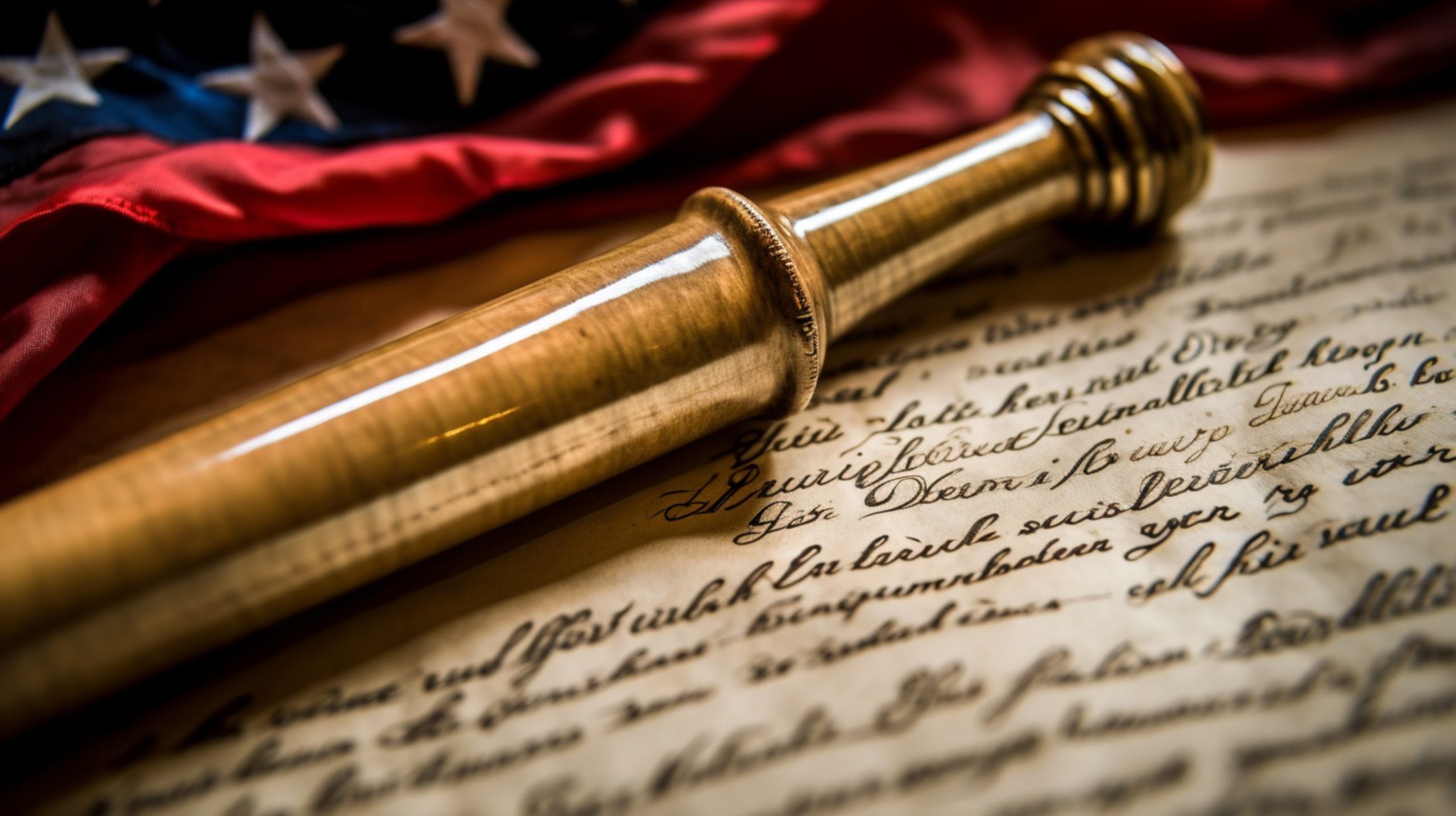1947 – The Modern Constitution of New Jersey Adopted by Constitutional Convention

The 1947 Constitution transformed New Jersey’s government into a modern, streamlined system that remains in effect today. Drafted after World War II, it strengthened the executive branch by granting the governor expanded powers, including the ability to serve consecutive terms and exercise a line-item veto. The document also unified the court system under a single Supreme Court, eliminating the patchwork of overlapping judicial bodies and establishing a more efficient judiciary.
In addition, the constitution modernized local government powers, reinforced civil liberties, and introduced stronger fiscal and administrative controls. It sought to make state government more responsive, accountable, and effective in serving citizens. While retaining the democratic reforms of the 1844 Constitution, it addressed long-standing weaknesses in structure and efficiency.
The 1947 Constitution remains the foundation of New Jersey’s government, embodying principles of strong executive leadership, judicial independence, and modern governance adapted to a growing and diverse state.
- Article I
- Article II
- Article III
- Article IV
- Article V
- Article VI
- Article VII
- Article VIII
- Article IX
- Article X
- Article XI
Article II
Elections and Suffrage
- General elections shall be held annually on the first Tuesday after the first Monday in November; but the time of holding such elections may be altered by law. The Governor and members of the Legislature shall be chosen at general elections. Local elective officers shall be chosen at general elections or at such other times as shall be provided by law.
- All questions submitted to the people of the entire State shall be voted upon at general elections.
- Every citizen of the United States, of the age of 21 years, who shall have been a resident of this State one year, and of the county in which he claims his vote 5 months, next before the election, shall be entitled to vote for all officers that now are or hereafter may be elective by the people, and upon all questions which may be submitted to a vote of the people.
- In time of war no elector in the military service of the State or in the armed forces of the United States shall be deprived of his vote by reason of absence from his election district. The Legislature may provide for absentee voting by members of the armed forces of the United States in time of peace. The Legislature may provide the manner in which and the time and place at which such absent electors may vote, and for the return and canvass of their votes in the election district in which they respectively reside.
- No person in the military, naval or marine service of the United States shall be considered a resident of this State by being stationed in any garrison, barrack, or military or naval place or station within this State.
- No idiot or insane person shall enjoy the right of suffrage.
- The Legislature may pass laws to deprive persons of the right of suffrage who shall be convicted of such crimes as it may designate. Any person so deprived, when pardoned or otherwise restored by law to the right of suffrage, shall again enjoy that right.
